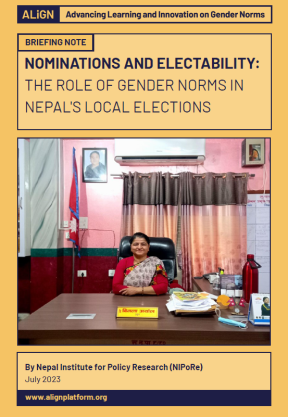- Briefing paper
- 30 October 2023
Gender norms, media narratives and women in appointive positions in Nigeria
- Published by: ALIGN, development Research and Projects Centre
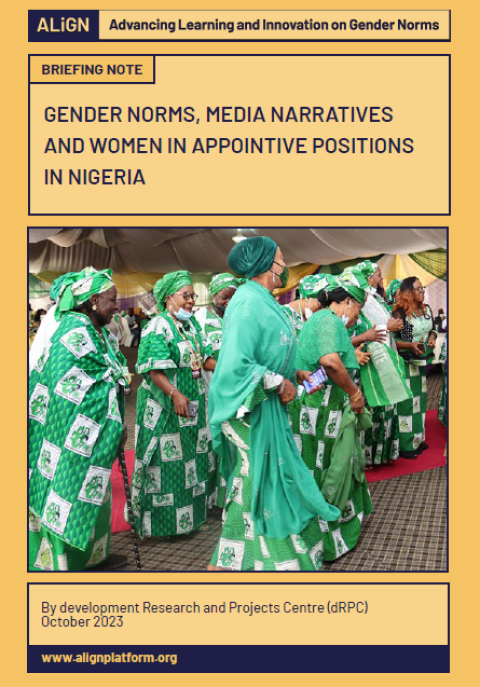
This research investigates complex interplay of gender norms, media narratives, in the experiences of women occupying appointive positions in Nigeria's political and public bureaucracy landscape. It addresses a notable gap in existing literature by focusing on women holding appointive and non-elective roles. Key research questions on gender norms in Nigeria are explored at the national level through a comparative content analysis of media narratives on women and men disengaged from high level appointive positions. At the sub-national level, similar research questions on gender norms and gender roles are explored through in-depth interviews of female appointees, their male colleagues and subordinates in five states.
Key messages
- Nigerian media often exhibit bias against women in public appointive positions at the national level, portraying them as weak and incompetent and questioning their credibility. This contrasts with more neutral reporting on men holding similar positions, demonstrating a clear gender bias in media coverage. Such bias draws from, and reinforces, negative gender norms, and hampers the acceptance of women in public appointive positions whilst also reinforces gender inequalities.
- In both northern and southern regions, deeply ingrained gender stereotypes challenge women's suitability for public leadership. In Northern Nigeria, these stereotypes lead women to question their roles in the public domain and are rooted in religious and cultural norms. In Southern Nigeria, women strive to be confident and often rely on social institutions to function in public roles.
- In Northern Nigeria, women often have to rely on connections and networks with men to gain acceptance and leadership positions. In Southern states, political networks seem to have less influence on public appointments.
- There is a belief that government structures do not hamper women's leadership, yet women face structural and cultural biases, including harassment, unequal expectations, and discrimination by male superiors. These biases result in harsher judgements about women and hinder their access to leadership positions, despite their equal performance.
- Women appointees expressed frustration that societal expectations place higher demands on them because of their gender, believing that this prevents them from advancing in their roles.
- Education was seen as a powerful tool to support women appointees in the North, where many have postgraduate degrees. This reinforces the need to improve education access to overcome patriarchal norms and promote women in high-level appointive positions.
- Countries / Regions:
- Nigeria
Related resources
2 November 2020
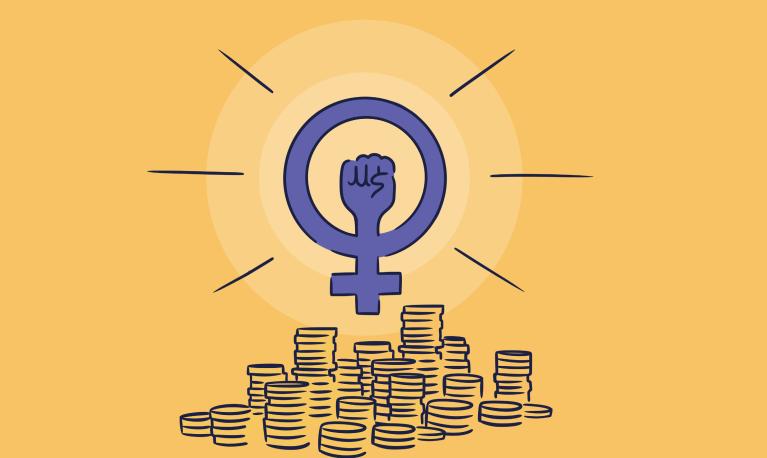
ALIGN's micro-grant scheme provides small funding grants to individuals and organisations with the aim of generating new research, synthesis and brokering to better understand various aspects of…
6 July 2023
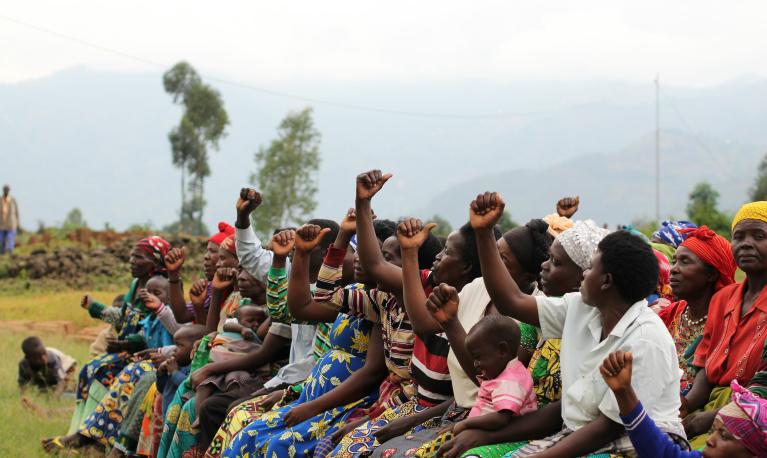
Blog
20 November 2023
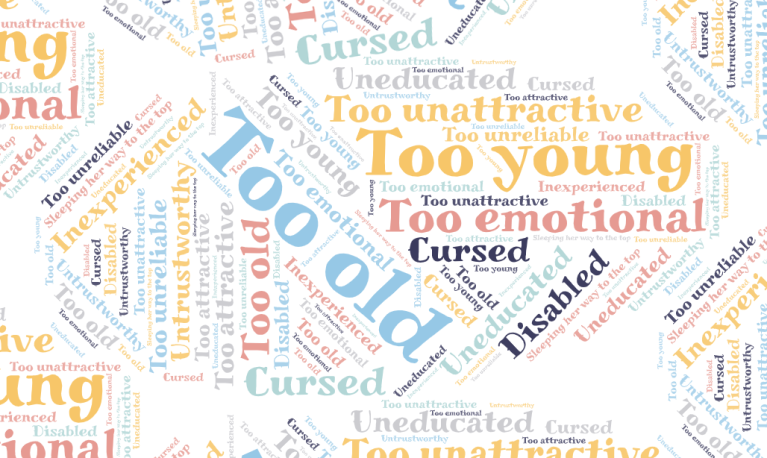
Briefing paper
16 October 2023
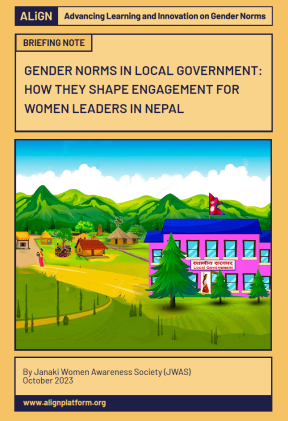
Briefing paper
2 October 2023

Briefing paper
2 October 2023
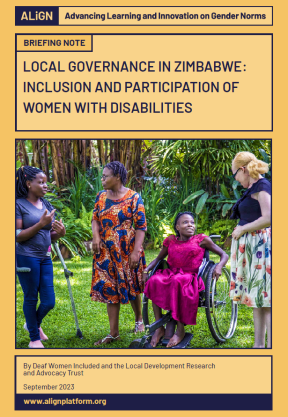
Briefing paper
26 September 2023
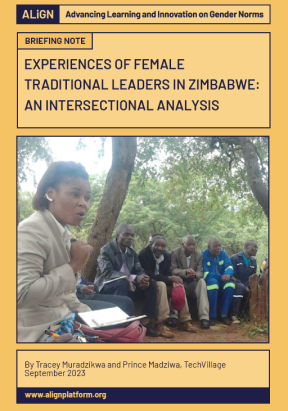
Briefing paper
21 September 2023
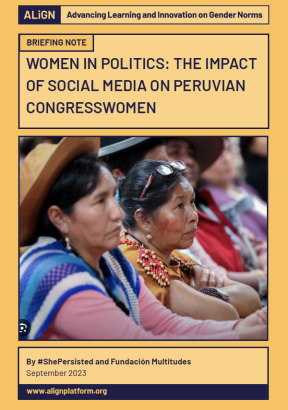
Briefing paper
13 July 2023
